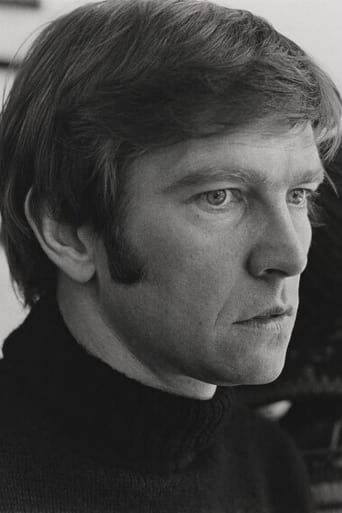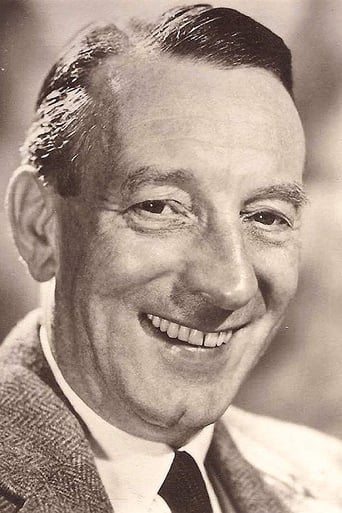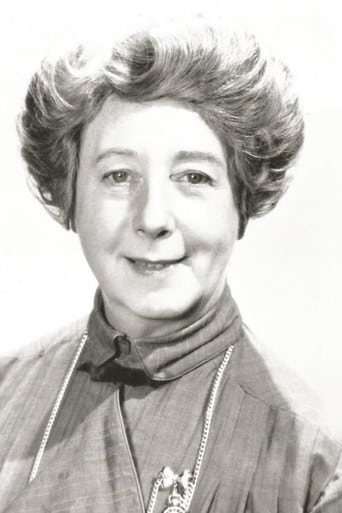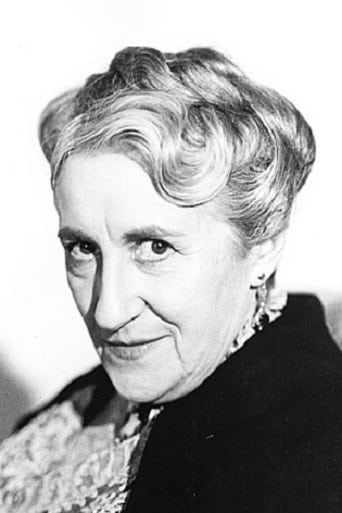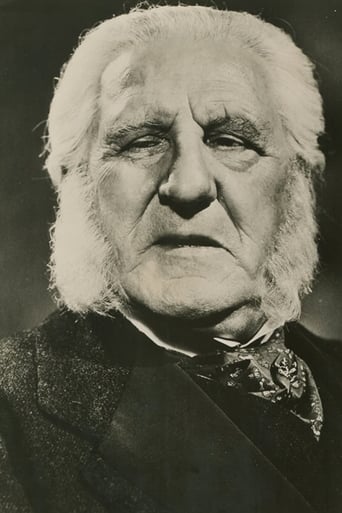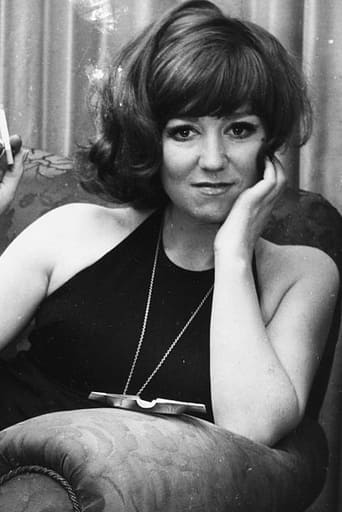Karry
Best movie of this year hands down!
SunnyHello
Nice effects though.
AshUnow
This is a small, humorous movie in some ways, but it has a huge heart. What a nice experience.
BelSports
This is a coming of age storyline that you've seen in one form or another for decades. It takes a truly unique voice to make yet another one worth watching.
Christopher Culver
Billy Liar is a 1963 British film that captures the monumental changes of the era: the sexual revolution and the destruction of England's old town centres in modernisation schemes. In Bradford, Yorkshire young Billy Fisher (Tom Courtenay) is working a soul-crushing job in a funeral home and suffering daily the derision of his elderly parents. His only escape from this drudgery is his active imagination, where he imagines himself leader of his own country and misleads other townspeople about his family's situation with little fibs. His propensity to make things up and shrug off his responsibilities, however, leads him to end up dating two women at the same time (Helen Fraser and Gwendolyn Watts), though ultimately he dreams of escaping with the liberated Liz (Julie Christie).As a snapshot of Britain at a particular time, this is a valuable film. As background to Fisher's own personal struggles, the camera often shows wrecking balls smashing down the walls of old homes, and at one point a town councillor marks an entire swath of the city for demolition. A scene at a dance club captures the growing influence of rock 'n' roll on Britain. Old class tensions persisted, however, though American audiences might not entirely get this as it is often suggested only by characters' particular accents.The overall message of the film is a letdown though, essentially saying that young people should give up their silly dreams and give in to their parents' demands. This moral lesson was entirely overturned by the youth revolution that erupted through the Sixties. As the UK saw full employment through that decade, young people could take the risk of following their dreams even if it meant a rupture with their families and hometowns. Nonetheless, the comedic approach in the film makes it entertaining almost throughout, and I'd recommend that anyone see it at least once.
treeline1
Tom Courtenay stars as Billy, an unhappy clerk who still lives at home with his impatient family. To escape the drudgery of his life, Billy passes the time telling outrageous lies and fantasizing about his very own country where he is the beloved ruler and war hero.I must admit I didn't know this movie was considered a comedy until I read some reviews. While the fantasy sequences are certainly amusing, Billy's day-to-day existence is lonely, unfulfilling, and depressing. I found Tom Courtenay to be adequate but dull and unsympathetic. On the other hand, Julie Christie is remarkably confident, mature, and charismatic and the screen really lights up during her few scenes. The black and white movie was one of the first in the sixties to feature the working class in all it's gritty glory. (I wish the DVD had had subtitles to help me with the thick north-of-England accents.) The movie is similar to Danny Kaye's The Secret Life of Walter Mitty, but the humor is much more subtle. I thought the dramatic scenes lacked heart-felt pathos and I never liked or felt sorry for Billy. Watch it for its place in British film history and for the screen debut of the lovely Miss Christie.
Syl
Billy Liar is played wonderfully by Sir Tom Courtenay. Other cast members include Mona Washbourne, Leonard Rossiter, Julie Christie (who isn't a Dame) and Anna Wing. The story about a Northern British young man in Yorkshire who dreams about being king in a foreign land is quite understandable. Billy wants to escape his dreary existence from his parents and the small village in which he lives in. Mona Washbourne plays his mother. He has a great imagination but only if he could put it to use. He dreams of running away to start fresh but he's plagued by doubts, fears, and frightening of what might lie ahead. Julie Christie plays the girl that is going to London. The question is if he will join her too on this journey to a big city.
Robert J. Maxwell
When "Billy Liar" reached the screen in 1963 it was considered a little shocking, an innovative contribution to the British ashcan school of cinema, along with "Saturday Night and Sunday Morning", "Morgan", and a few others. The setting was always grimy and urban. The characters always working class. The conflicts were small and trivial to an outsider, and the treatment veered from comic to dramatic and back again, so that the audience was never quite certain about what was to come next or -- far more important -- how to feel about what they were watching. The characters were multi-dimensional, as characters are in life off the screen, and that's a compliment to the audience. People generally are not good or bad; they are good AND bad. Adults can make up their own minds about their responses, can't they? This is a good example of the genre. Tom Courtenay is Billy Fisher. He works in an undertaker's establishment in some minor role -- mailing out annual calendars and so forth. He's juggling two women as well. One blond bimbo satisfies his physical needs while the virginal brunette offers him a future in which, with any luck, the wedded couple will live in a shabby flat in the same smoky industrial city and raise a couple of children who will grow up to be as unexceptional as they themselves are. The brunette wanders happily through a cemetery visualizing what THEIR plot will look like. This legerdemain confuses Courtenay, who doesn't care about his job anyway, and he begins to get into some mostly amusing hot water at work.And so -- keeping two young women on the hook and in danger of being fired and not being particularly appreciated by his Mom and Dad at home -- Billy Fisher does what any sane person would do. He fantasizes. And we see clips of his fantasies unfold on screen.Probably this was the most original feature of the movie -- the fantasies. There were no shimmering dissolves, no harp arpeggios, to let us know they were coming. Dad insults Billy and -- WHAM -- a cut to Billy firing machine-gun bullets into Dad. None are particularly amusing -- this isn't Walter Mitty -- but they're all kind of shocking. Of course, that kind of editing has been imitated a thousand times since then and we've grown accustomed to it, but it was imaginatively done by director Schlesinger, a genuine innovation. More extended fantasies show us Courtenay as dictator of his own nation -- Ambrosia.Later in the film we get to know Julie Christie's character. She's a knockout, she sees through Billy's lies, and she wants to run away to London with him. At the last minute, when the couple are already seated on the train, Courtenay makes an excuse to leave for a moment and deliberately misses the train. The last we see of Julie Christie she is looking out the window of the departing coach in Courtenay's direction, her head cocked, smiling slightly, as if she'd expected him to abort the escape all along.It's sad, in the end, despite the comic interludes. This is a story in which the system embodies a lifelong inertia, and the system wins. Courtenay will wind up with some wife who is full of bourgeois impulses, but then he was never very creative himself -- except for his daydreams.



